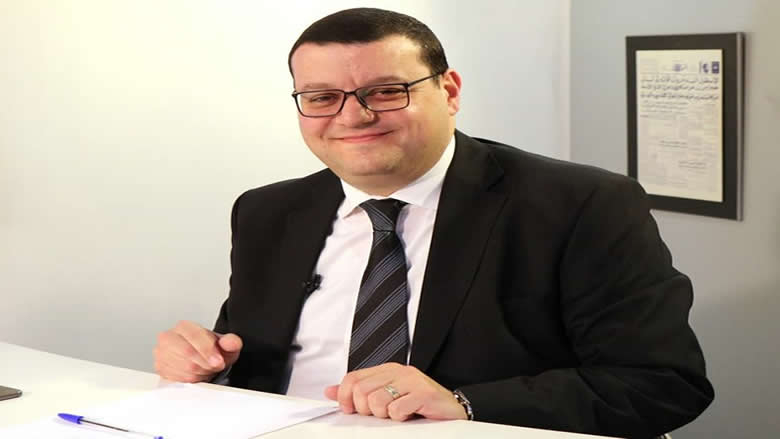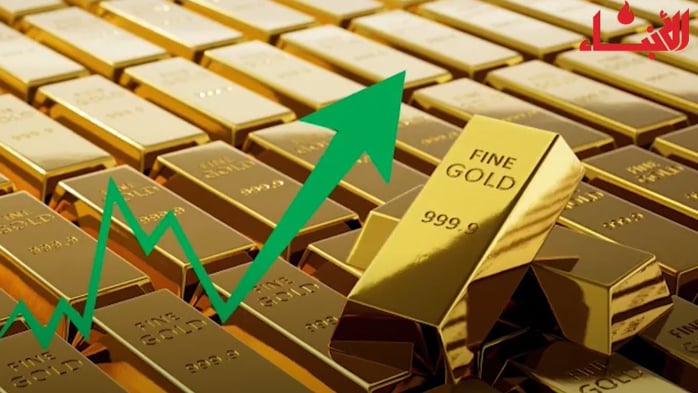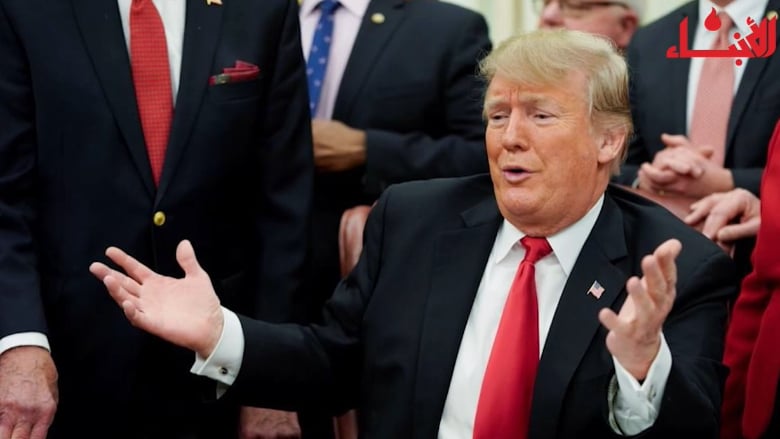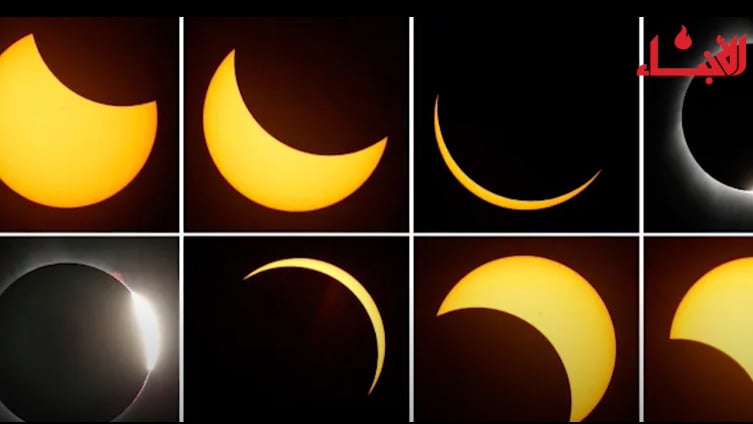As speculation mounts that Israel could return the Golan Heights to Syria as part of a peace deal, the status of the Israeli-occupied Shebaa Farms on Lebanon’s borders is being fiercely debated.
Sovereignty over the Shebaa Farms, an 11km sliver of land on the borders of Lebanon, Syria and the Palestinian territories, has been a contentious issue in Lebanon for decades.
However, a recent statement by Progressive Socialist Party (PSP) leader Walid Jumblatt that Lebanon has no claim to the disputed farmlands’ elevated tensions.
Jumblatt, reiterating a long-held position, said Lebanon’s claims to the territory were based on maps altered by its officials, who were in cahoots with Syria. The manipulation of the maps, Jumblatt said, took place after Israel’s withdrawal from southern Lebanon in 2000.
Jumblatt implied that Hezbollah, which claims that Israel’s withdrawal from Lebanon remains incomplete because of its control over the farmlands, is keeping the controversy alive to justify its role as a self-proclaimed defender of the state.

By positioning itself against an occupying power that could seek to fully annex the territory, the reasoning goes that Hezbollah gives itself a pretext to maintain its weapons stockpile, furthering its own interests and those of its regional sponsors, Damascus and Tehran.
Jumblatt’s recent statement on the Shebaa Farms ramped up tensions between the PSP and Hezbollah, which have had a rocky relationship over the years. The two parties’ relations were at their worst in 2008 when Hezbollah embarked on occupying Beirut and headed towards the mountains where its fighters were confronted by inhabitants supported by PSP.
Relations improved in the years after but were strained in 2011 when Hezbollah played an active part in the Syrian war.
Jumblatt came under increasing political pressure. In 2017, the size of his parliamentary bloc was effectively limited after parliament — with Hezbollah’s staunch support — passed a law that brought in proportional voting.
In 2018, Hezbollah was behind a rally outside Jumblatt’s headquarters in Moukhtara in a show of force to prove it could move into Jumblatt’s territory and challenge his leadership over the Chouf Mountains, the Druze heartland. Hezbollah put its full weight behind Talal Arslan, a Druze politician and a political rival of Jumblatt.
PSP’s and Hezbollah’s split views on the Shebaa Farms are furthering the two parties’ divide. Jumblatt has been fiercely attacked by Hezbollah and its allies since he reiterated his position.
They accuse Jumblatt of treason, saying that, by foregoing Lebanon’s claims to the farmlands, he is working on behalf of Israel. A social media campaign was begun in which Jumblatt was accused of having a close aide secretly visit Israel.
Politics aside, the legal status of the Shebaa Farms is complicated. Lebanese inhabitants there say they have valid property documents but Jumblatt said: “Ownership is different from sovereignty.”
Historically, the territory has changed hands several times. It was governed by Syria from the early 1950s until the Six-Day War in 1967, when Israel occupied the territory.
Syria’s position on the issue is unclear. Syrian President Bashar Assad and Foreign Minister Walid Muallem have publicly conceded that Lebanon has a legitimate claim to the farmlands but have not submitted official documentation to Lebanon or the United Nations demarcating the territory.
In March 2006, Lebanese Parliament Speaker Nabih Berri convened the country’s top officials to address the issue. They unanimously agreed to call on Syria to demarcate the Lebanon-Syria borders and formally request documentation from the neighbouring country backing up Lebanon’s claims. This was never followed through on.
The dispute remains unsettled and the territory’s official legal status undetermined. In the meantime, politicians are leveraging the issue to score points with their constituents. How and when farmland’s status will be determined remains to be seen.





